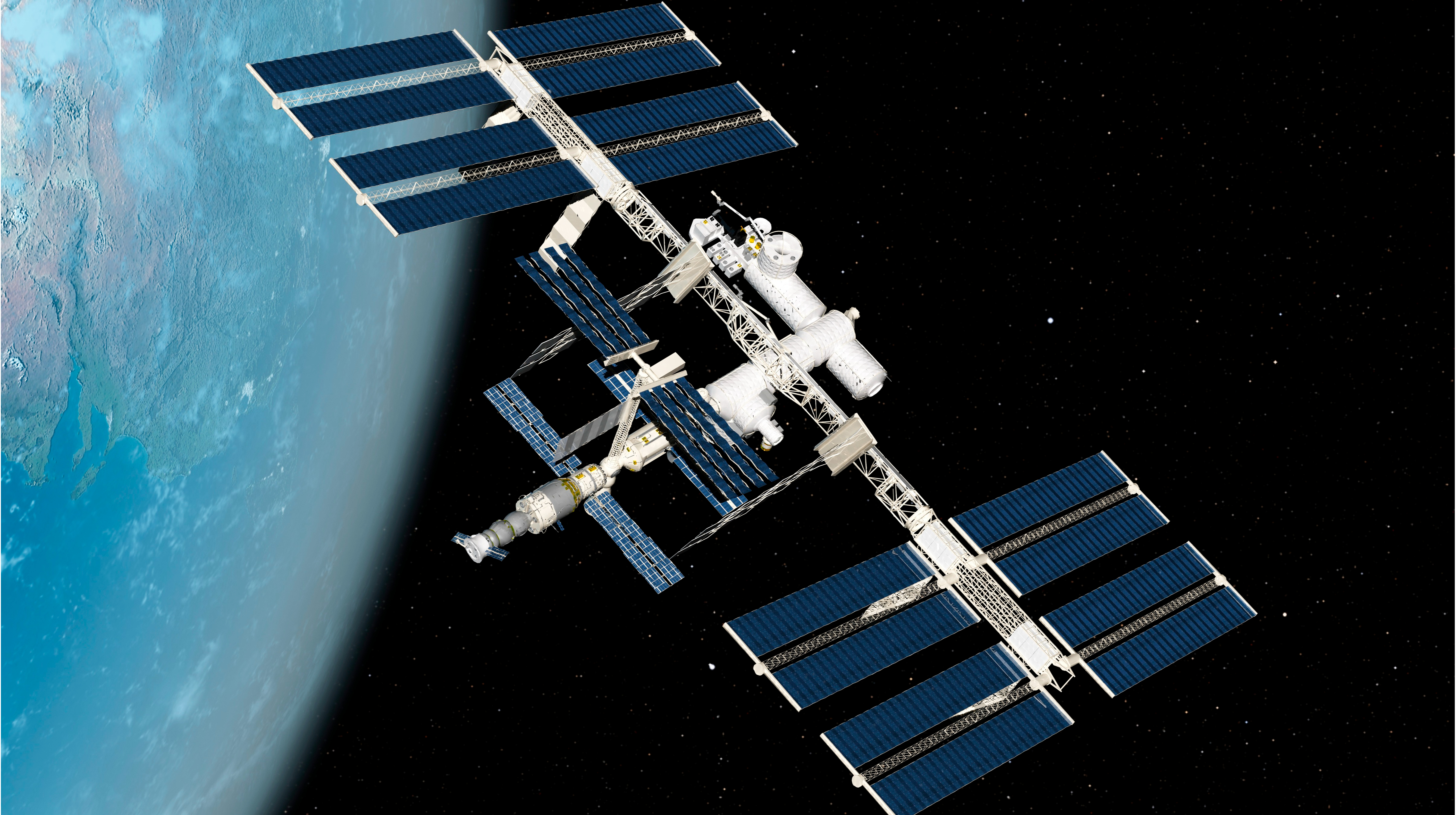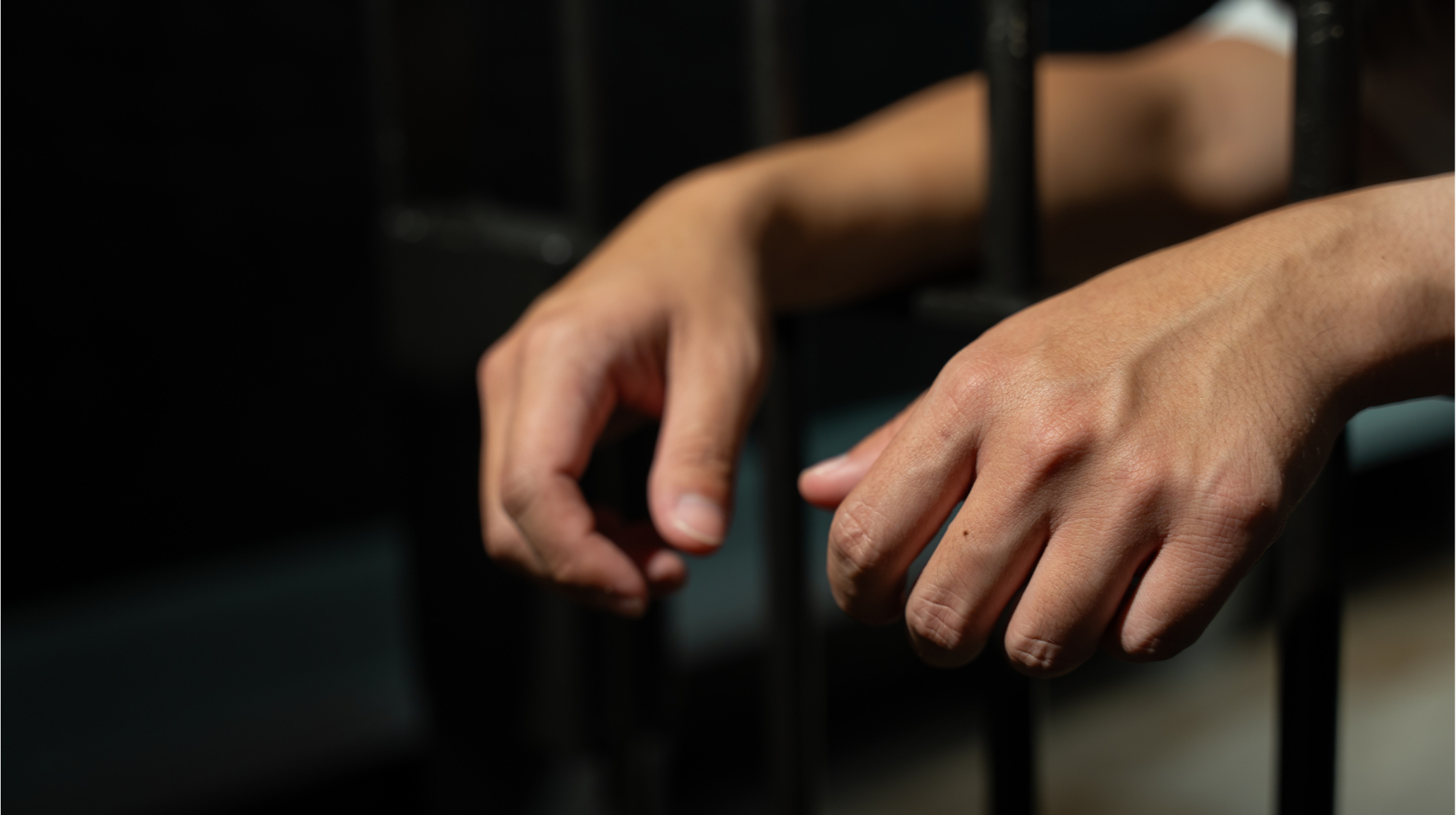what you need to know about the risks for children and adults
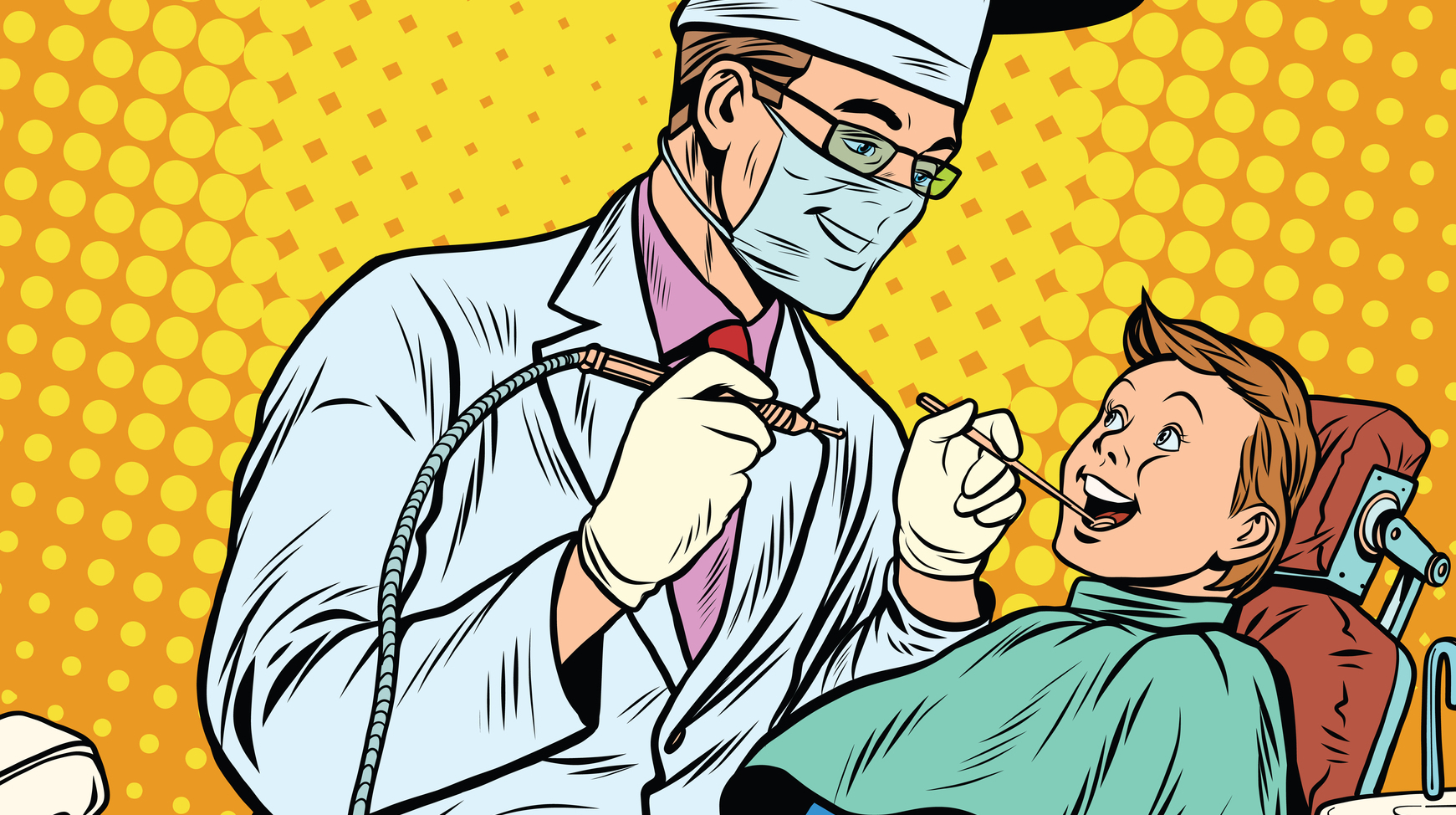
The infamous story of a child dying during a tooth extraction has sparked a flurry of debate over whether general anesthesia should be used when a young child needs dental treatment.
Some well-known bloggers have even started advertising clinics that provide treatment without this type of anesthesia.
We would like to note right away that we do not know the details of the incident in Lviv and have no right to speculate while the investigation is ongoing. We urge our readers to do this, first of all, out of respect for the parents’ grief.
However, we also don’t want emotions and fear to influence any medical decision, especially if it involves a child.
- So should a child’s teeth be treated under general anesthesia or not? Does it really make sense or is it just the whims of modernity?
- And if that makes sense, how do we make sure we’re doing it as safely as possible for the child?
- What about general anesthesia for adults?
We talked about this with a pediatric dentist, associate professor of the Department of Pediatric Dentistry of Danylo Halytsky LNMU Halyna Solonko and an anesthesiologist Ivan Chernenko.
interactimages/Depositphotos
Does the child need general anesthesia during dental treatment?
In short, it depends on the situation. And situations that require anesthesia definitely exist.
In general, in today’s world, general anesthesia is a relatively safe procedure. With the risk of death, 1 case per 100,000 procedures.
“General anesthesia is a very responsible procedure. Can it have certain complications? Yes, but no more than a whole series of other medical manipulations”says the doctor.
In order to decide whether to prescribe general anesthesia, doctors must weigh all the raw data.
Anesthesiologist Ivan Chernenko says that absolute contraindications to anesthesia not so much.
Absolute contraindications can be serious diseases, serious condition of the patient. That is, these are conditions when the very intervention/operation is contraindicated, Chernenko explains.
“Considering that we are talking about children who are going to undergo planned dental treatment, the contraindications, if any, are relative. Next, you have to weigh the pros and cons. If the child has an exacerbation of a chronic disease, or the child came with colic , then, of course, it is better to postpone the procedure. If the procedure is urgent, then anesthesia will be performed, but with correction and readiness for complications.” – adds the anesthesiologist.
At this stage, it is important to determine risk factors: are there concomitant diseases? Overweight? Features of development, anatomical features of the structure of the face, jaws, and neck. All this will affect the doctor’s decision. Additional studies are required if any co-morbidities are known or if long-term intervention is planned.
Halyna Solonko adds that no one will put a child under anesthesia for the treatment of one hole. But if the child has 5 diseased teeth and needs root canal treatment or tooth extraction – that’s it indications for anesthesia.
The “timing” of treating a specific problem, even for an ideal, contact child, is 20 minutes. No thorough treatment can be implemented during this time.” – a convinced doctor.
The absolute indication for general anesthesia, according to her, is the impossibility of achieving contact with the patient and “drug polyvalent allergy.”
“If the child has a tendency to be allergic to a number of medications, including local anesthetics, then local anesthesia is more dangerous than general anesthesia.” – notes Solonko.
Halyna Solonko adds that she prescribes a cardiogram (ECG) and a blood test for her patients before general anesthesia.
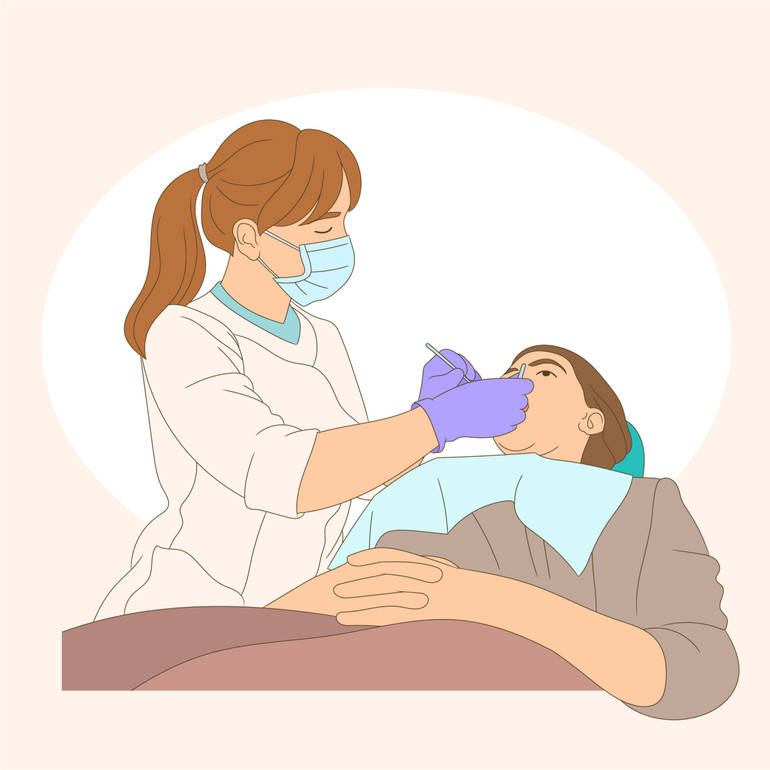
xolopiks/Depositphotos
Is it possible to treat teeth without anesthesia?
The question may arise: is it possible to treat or even remove milk teeth at all without anesthesia?
Absolutely not, says Halyna Solonko:
“The fact that milk teeth supposedly do not hurt is a harmful myth. They hurt and hurt more than permanent ones. Besides, a milk tooth is a full-fledged tooth with canals, nerves and large roots. You can remove a milk tooth without anesthesia only when it is hanging.” on a string”on the gums during a physiological change”.
“Live” treatment is a terrible stress for a child.
“We had small patients who went through violence because the parents decided to refuse anesthesia. Sometimes even the parents themselves say: hold him/her, it’s okay. The child perceives this as a betrayal by mom/dad or a guardian.
Some children stop talking after such treatment, some have psychological problems, stuttering, hysterics, isolation. They are often terrified of doctors and need psychological help. It’s stress that traumatizes for life.” – says Solonko.
You have decided that your child cannot handle dental treatment without general anesthesia. What should be checked?
“The first thing you need to do is to come to the clinic in person for a consultation. This is not a procedure that you can simply make an appointment for over the phone. You need a dentist’s consultation, an anesthesiologist’s consultation and an understanding that it is in this clinic that you want to be treated”– notes Solonko.
The dentist says that you have the right to inspect the operating room and make sure that the clinic has all the necessary equipment.
This is primarily:
- narcosis-respiratory apparatus;
- monitor of vital functions;
- defibrillator and everything necessary for resuscitation.
The doctor adds that it is also important that oxygen is present in the postoperative room.
Does the clinic have the appropriate license? The clinic must have a license for treatment under anesthesia. And a separate (!) license for treating children under anesthesia, as well as permission to store narcotic drugs.
“The anesthesiologist who plans to work with you must have a certificate of a pediatric anesthesiologist. After inspecting the equipment, ask if the facility has all the necessary documents for such manipulations. And here the circle of searching for a clinic may narrow.” – adds Halyna Solonko.
She also advises to ask if the doctor works as an anesthesiologist in an inpatient hospital. Preference should be given to specialists who have or had experience working specifically in intensive care units and operating hospitals, and not only in dental clinics.
Ivan Chernenko says that most tragic cases during dental treatment do not occur because the patient was prohibited from general anesthesia. And because the clinic saved on equipment.
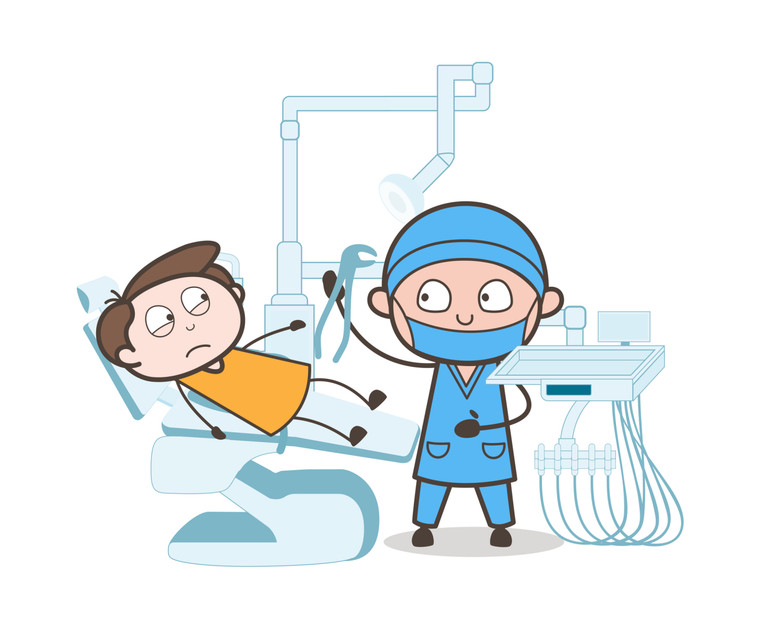
lineartist/Depositphotos
And if you are… an adult?
Adults do not need general anesthesia for dental treatment as often as children.
However, in some cases it can be recommended. For example, during tooth extraction, installation of implants, during maxillofacial surgery.
The precautions we described above for children are quite appropriate for adults as well, says Ivan Chernenko.
And he adds that if the procedure and local anesthesia will last 10-15 minutes and the adult is relatively healthy without chronic diseases, then in general, additional research methods before anesthesia are not needed.
“The anesthesiologist will collect an anamnesis, ask about the disease.
If a long-term anesthesia, a complex intervention is planned, the doctor may recommend an ECG (cardiogram) and general urine/blood tests, etc.
Before any anesthesia, the anesthesiologist is interested in whether there was anesthesia before, how you endured it, whether there were any complications, what you were sick with, whether you take any medications, whether you smoke, use alcohol/drugs, etc.” – says Chernenko.
And it will depend on the answers and your age whether you will be recommended to undergo additional research first.
The anesthesiologist notes that, in general, with good equipment and qualifications, in the modern world, anesthesia is a fairly safe “thing”.
“Relative contraindications can usually be chronic diseases or acute conditions, anatomical features of the face and neck, if intubation is planned,” – adds Chernenko.
But what is also important is not to lie to the doctor about the medicines you took before the visit, as well as food and drink.
Ivan Chernenko explains that a cookie or candy eaten before surgery is often the cause of vomiting. Vomiting masses can get into the respiratory tract and cause trouble.
What happens after general anesthesia?
You or your child will have to wake up for a while.
Expected manifestations and side effects sometimes include:
- nausea or vomiting. Often immediately after coming off anesthesia. Sometimes it can last a day;
- feeling chills;
- confusion and lapses in memory. Such manifestations are more common in elderly people. These are temporary symptoms, although they may bother you for a while;
- dizziness;
- problems with urination;
- excitement: sometimes children can behave hyperactively and as if they are in a state of alcohol intoxication. However, Halyna Solonko notes that these are very rare cases.
You should not treat anesthesia as a magic pill to avoid any complications.
But it is also not necessary to demonize him.
And you should definitely not hype up the mountain, cultivating anxiety in others.
Take care of the health of your teeth. The best dental care is when you don’t need it.
The rules are simple, but it is never superfluous to repeat them:
- brush the teeth from the appearance of the first tooth with fluoride paste, you can – with an electric brush;
- do not abuse sweets;
- regularly (once every 6 months) perform professional hygiene and undergo preventive examinations;
- use children’s floss (dental floss).
Life hack from Halyna Solonko: if you start using an electric toothbrush for children as early as possible, the child will more calmly perceive the vibration in the mouth and, accordingly, dental treatment.
Natalya Bushkovska, especially for UP. Life


